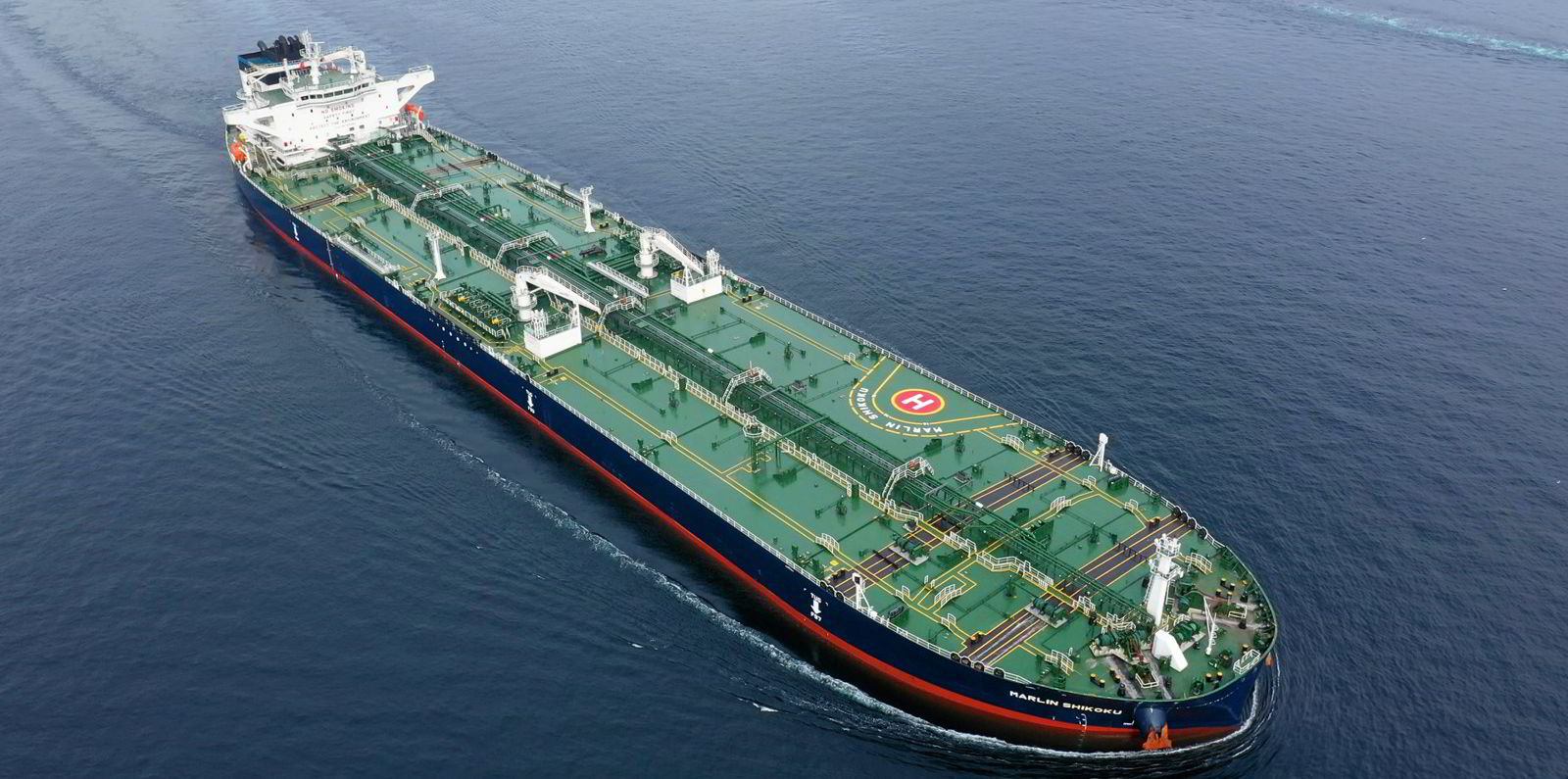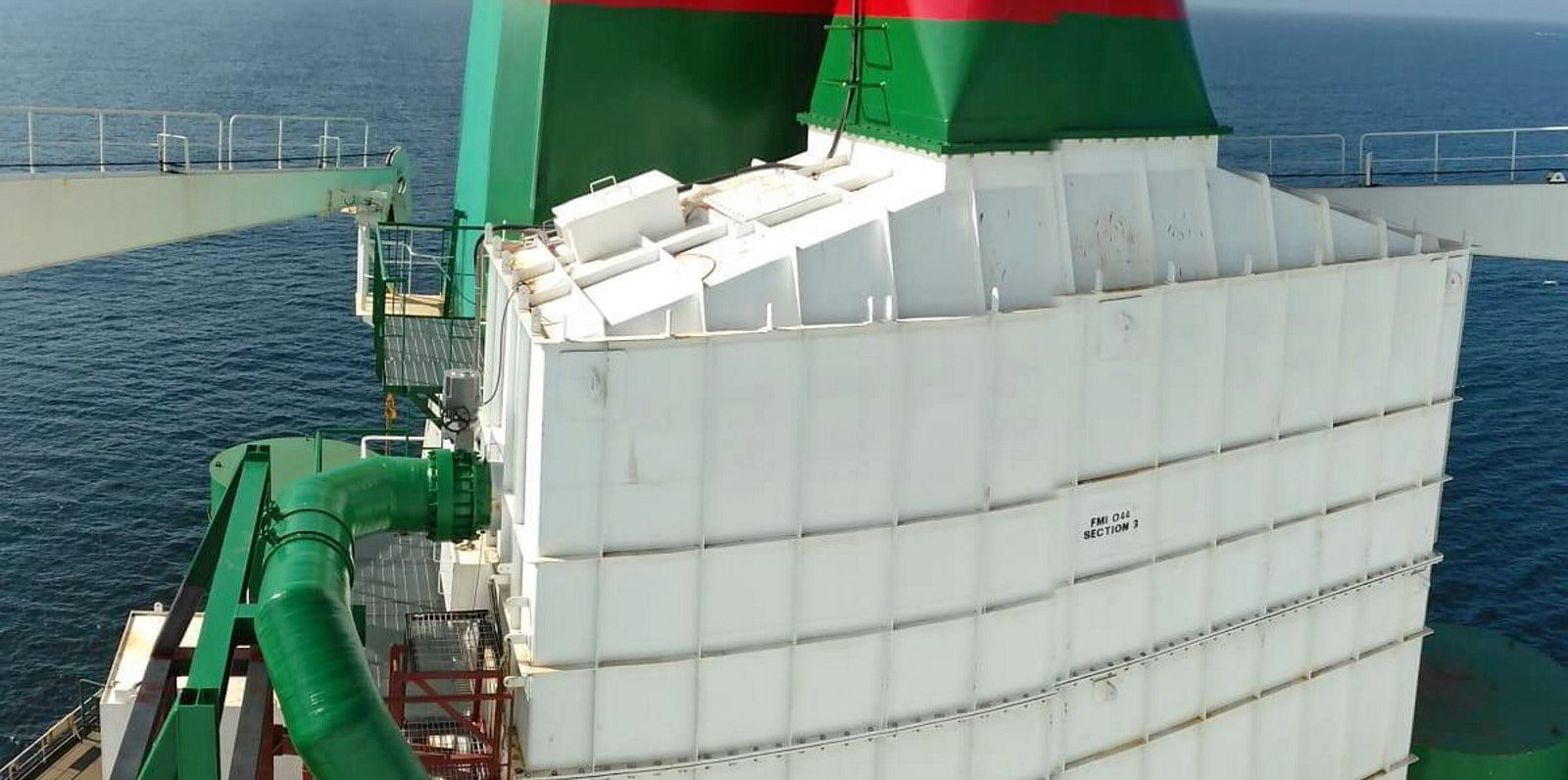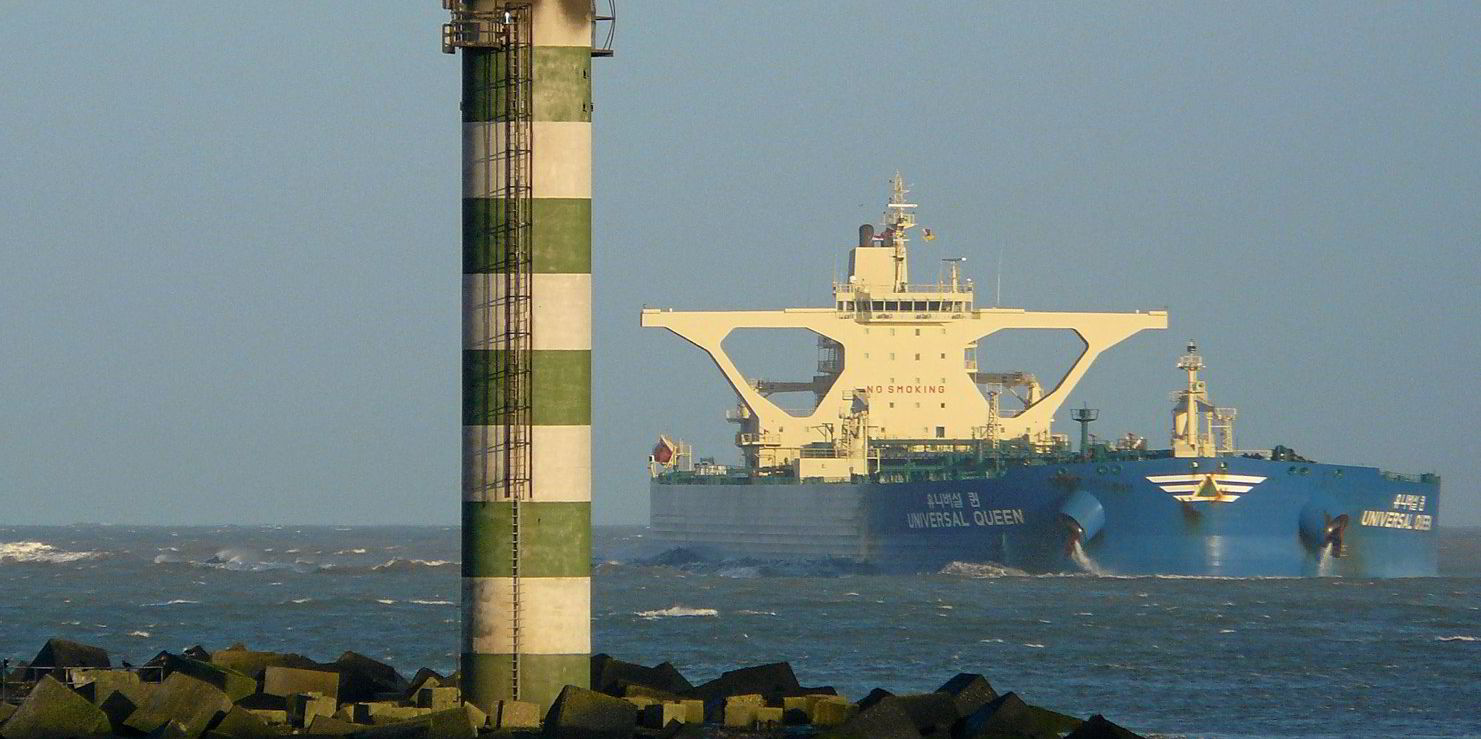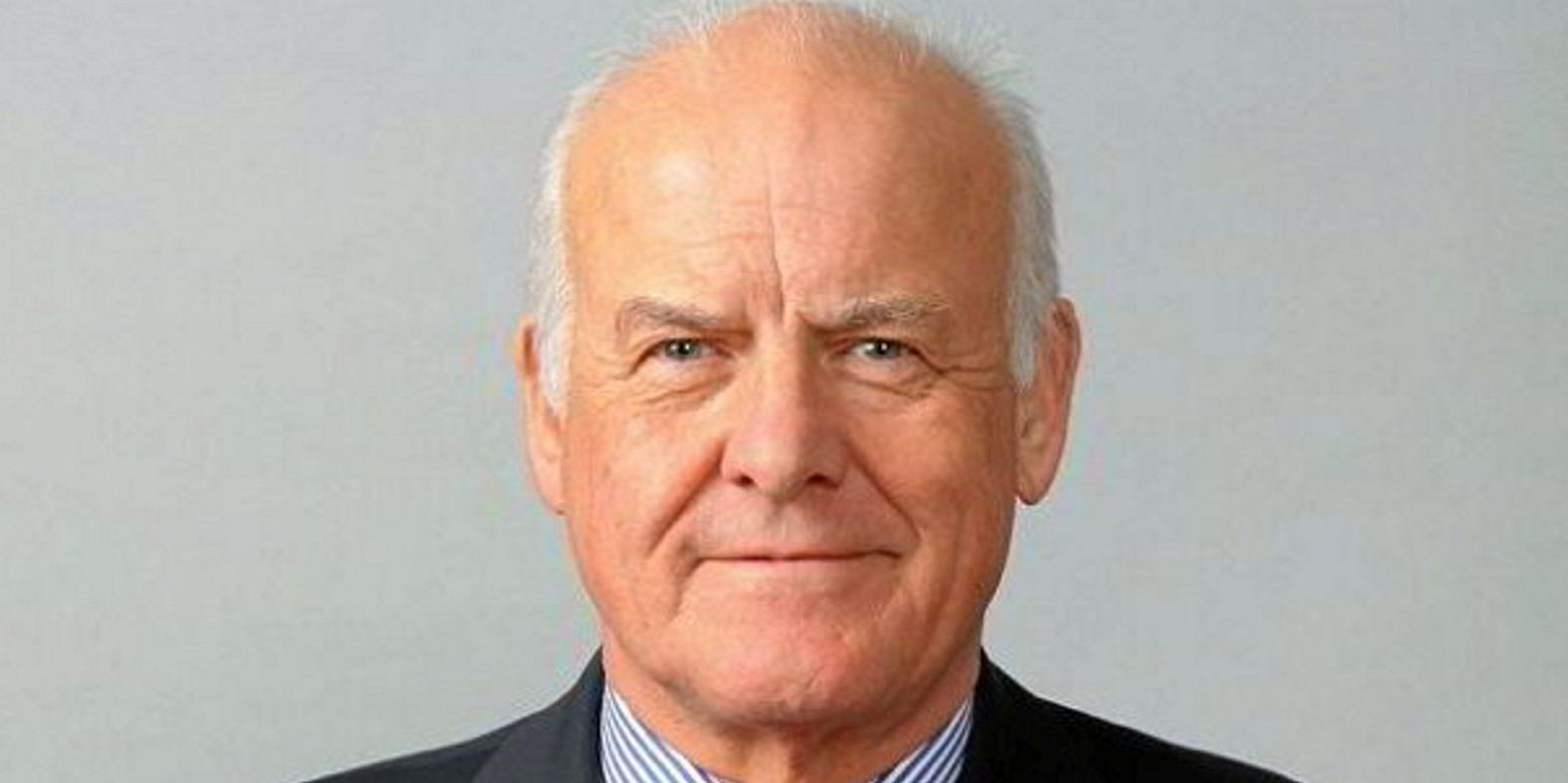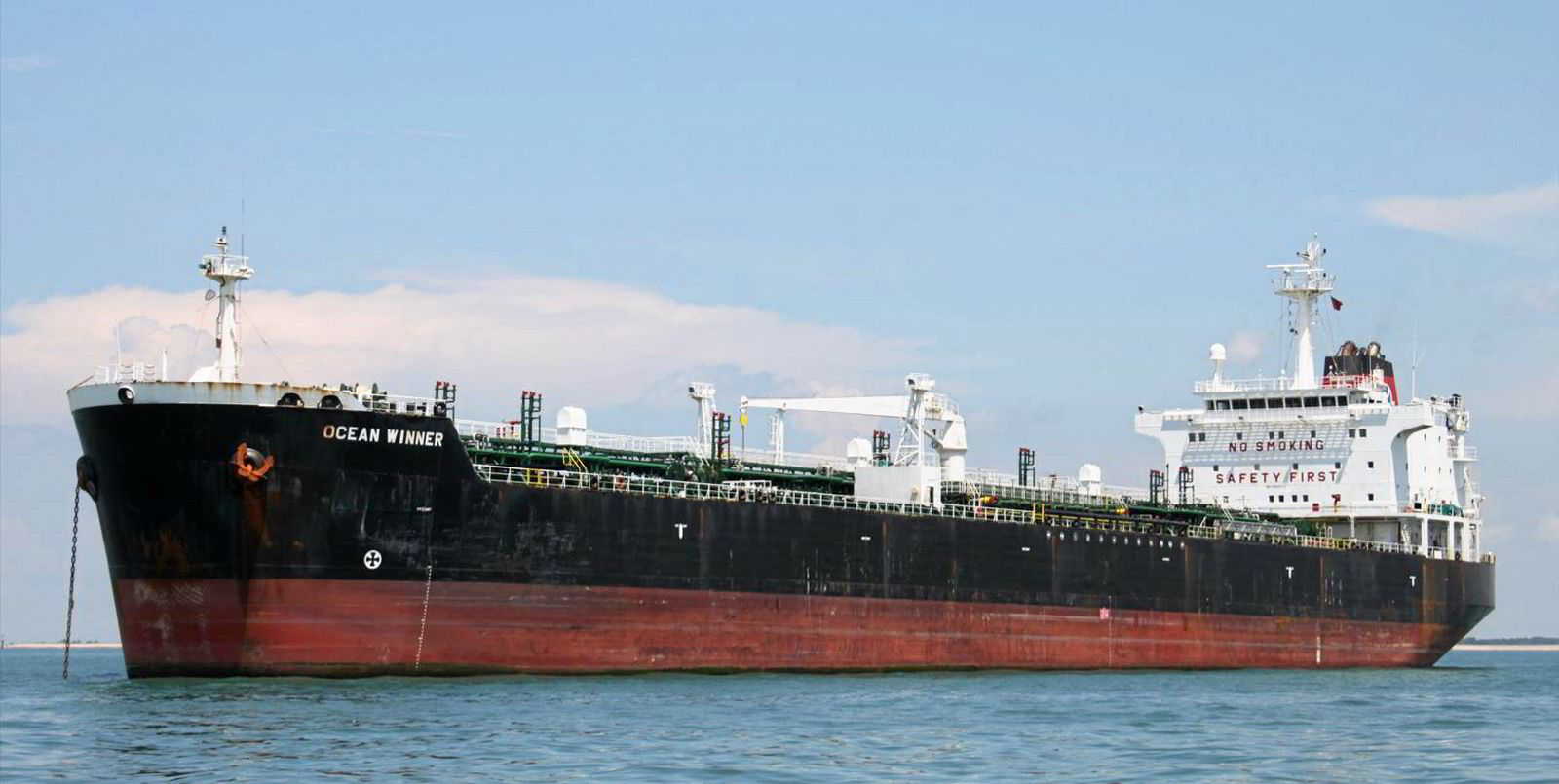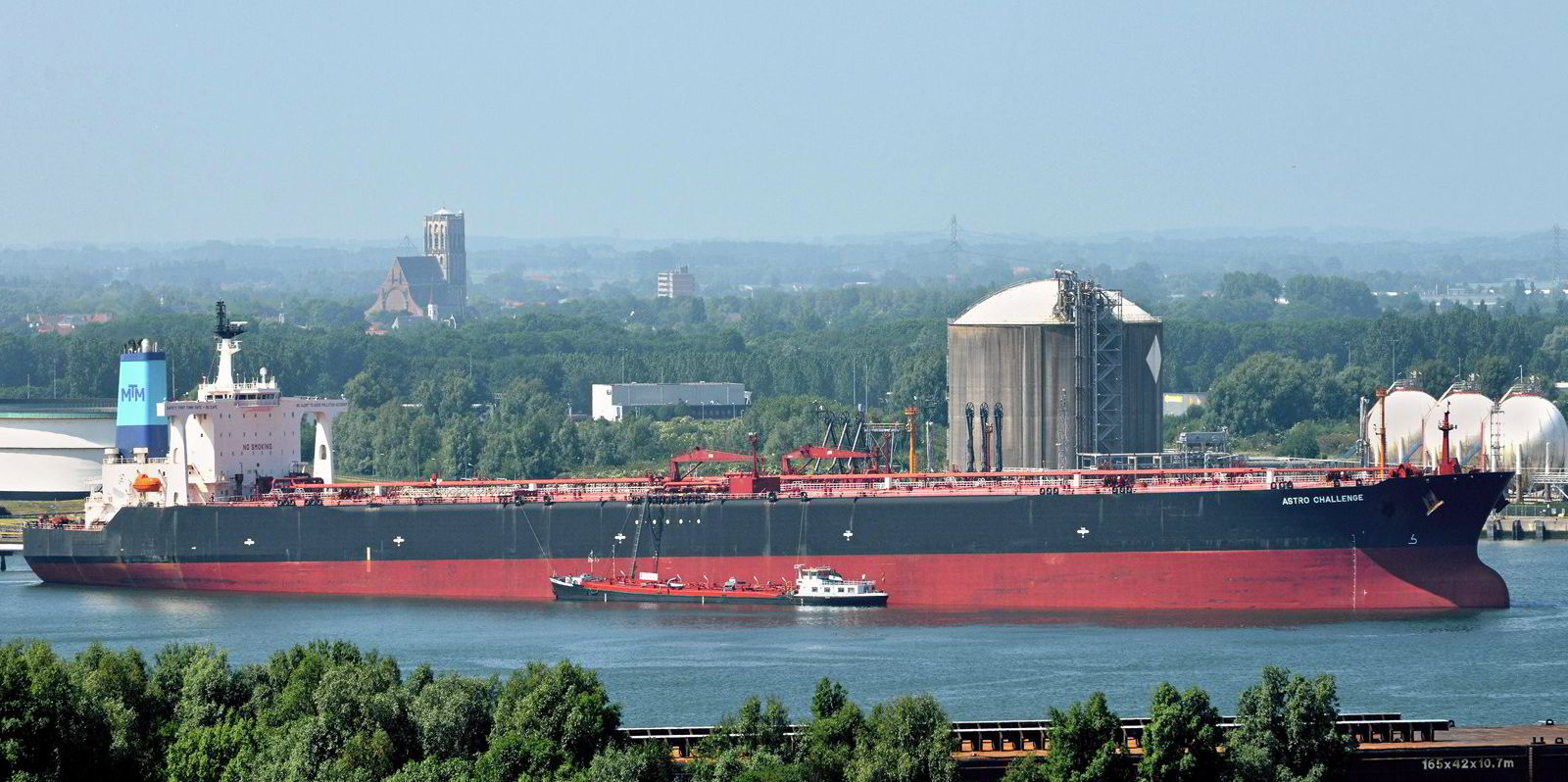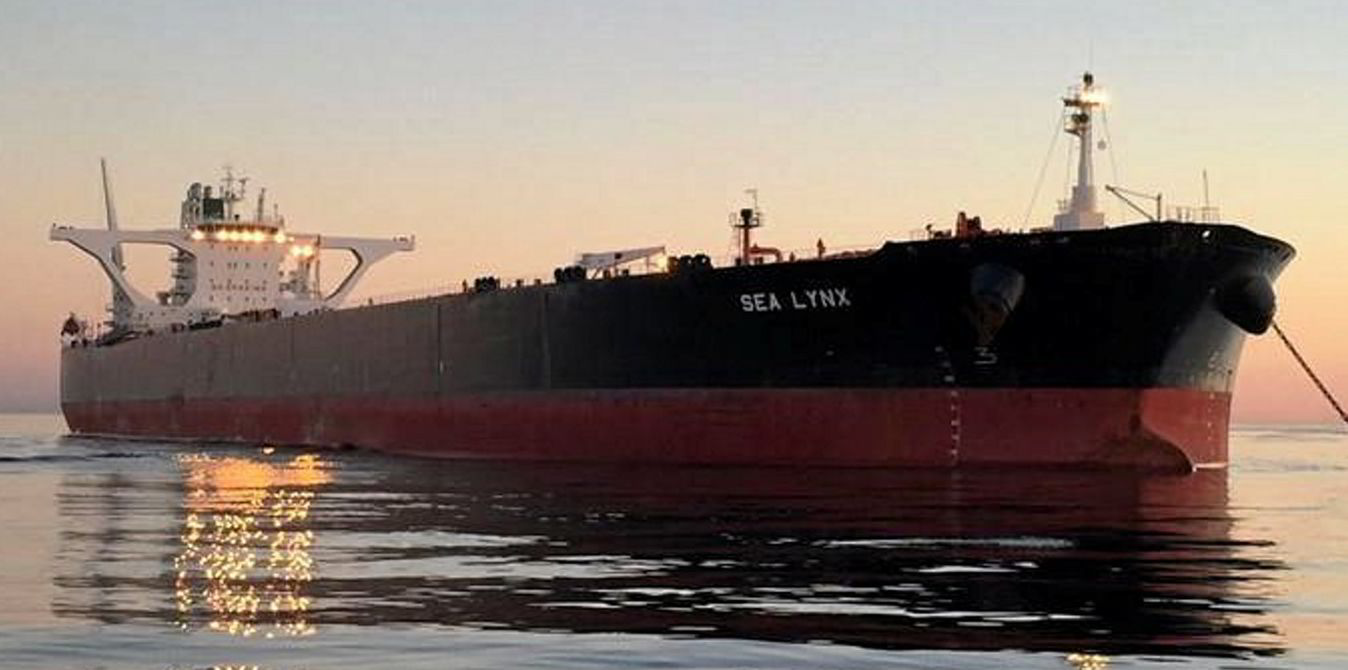Tanker owners are going to have to rely on their commercial savvy to navigate markets that could be characterised by low and even negative earnings for most of 2021.
The suezmax and aframax sectors have remained plagued by low crude demand in Europe due to Covid-19 lockdowns, with time charter equivalent (TCE) earnings slipping into the red again this year.
Suezmax earnings were averaging out at -$1,354 per day on Monday from the Black Sea to the Mediterranean and from West Africa to northern Europe.
Fearnley Securities' basket of aframax rates showed earnings at -$1,307 per day.
One major tanker owner told TradeWinds that modern and scrubber-fitted ships have a "huge advantage" currently, with the fuel price spread between high and low-sulphur bunkers at more than $100 per tonne.
Well-vetted vessels are also important as they give owners a large range of potential charterers.
"Finally and equally important, in today's market being commercially savvy is key," the shipowner said.
"To be aggressive on rates most likely means you will be outbid and eventually incur extended waiting that will erode your time charter equivalent," the owner added.
"Also, positioning your ship by fixing the right cargoes in order to maximise earnings by triangulating, adds huge value."
Joakim Hannisdahl, head of research at Cleaves Securities, told TradeWinds: “It is quite interesting, but don’t expect that owners are giving away money to charterers.”
Gloomy outlook
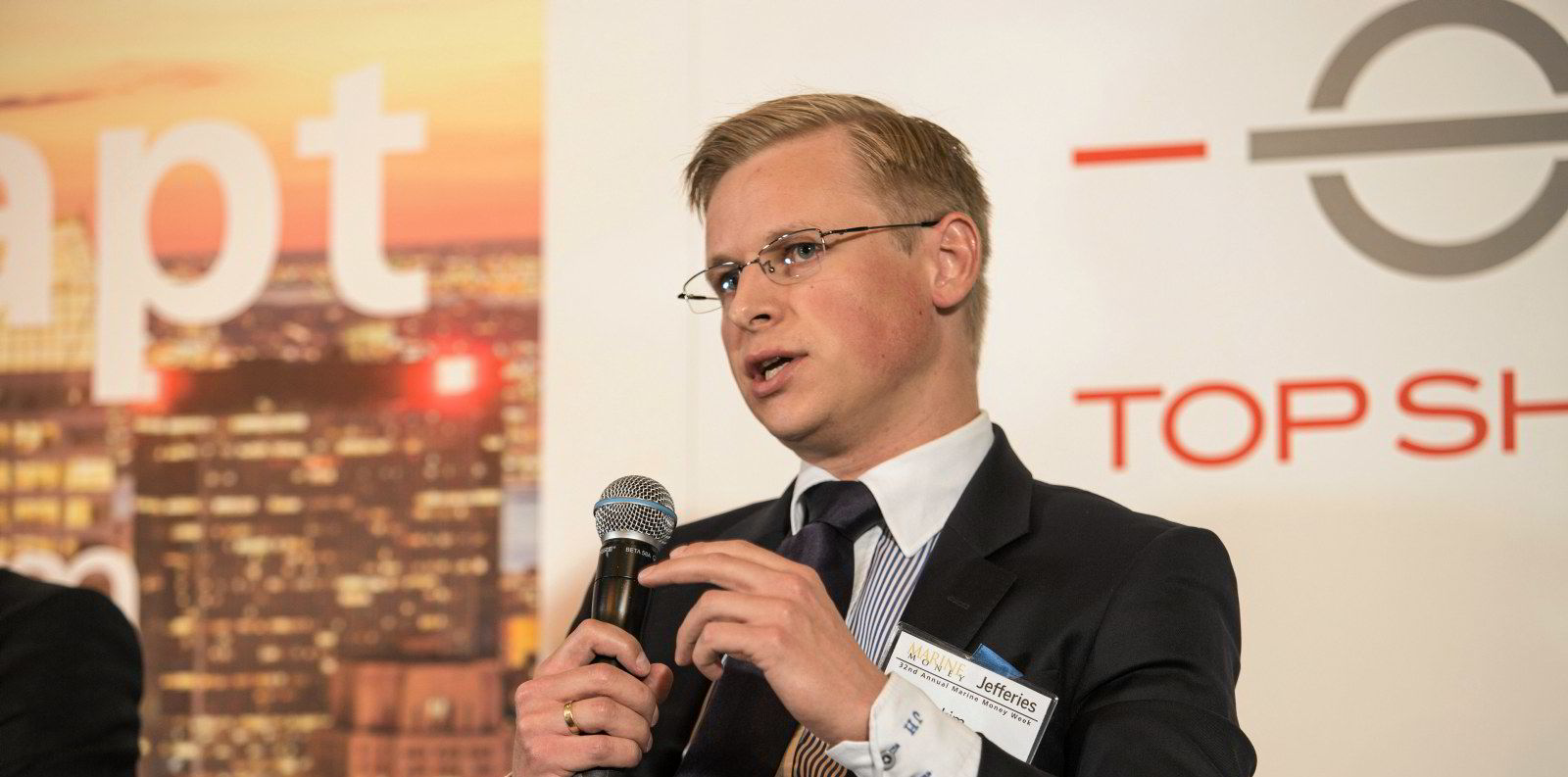
He forecasts the current weak market persisting until around October.
“Maybe a few thousand dollars a day higher on average, but barely covering opex [operating expenses],” he said.
Hannisdahl has not changed his view since downgrading the tanker segment in April last year.
“Luckily, most listed tanker owners have used the immense cash flow of first-half 2020 to build a substantial balance sheet strength,” he said.
Hannisdahl added that it is better to take a small charter amount to cover a voyage so that a vessel can reposition or head into dry dock, rather than ballast.
“In some very special instances, liquidity management could be an issue,” he said.
"If, in example, an owner has full bunkers and shortage of cash, they can generate positive cash flow from a negative TCE as the bunkers are already covered."
Spot ships available
UK shipbroker Howe Robinson said spot suezmaxes continue to remain available in northern Europe, at Gibraltar and in West Africa.
“It’s hard to see rates improving by any meaningful amount,” the broker said. “In addition, where ... charterers are still able to reach forward to cover, they will continue to find plenty of options available coming from the east.”
VLCCs are not faring much better than the smaller vessel sizes.
Spot rates are quoted at $1,200 per day to South Korea from the Middle East, down 93% month on month and 62.5% from 15 January.
But tankers are earning $3,400 sailing from West Africa to China.
One VLCC broker said: "It is very dull, slow and weak" amid severe tonnage oversupply.
Plenty of takers
A South Korea-bound cargo for lifting between 31 January and 2 February in the Middle East Gulf is said to have attracted at least seven offers from shipowners.
Ralph Leszczynski, head of research at brokerage Banchero Costa, said: “At the moment, it’s a disaster. But then, January and February are low season anyway, and the tanker market is poor pretty much always at this time of the year.
"Most tanker owners are quite cash-rich from the first half of 2020, so they don't need to fret too much about what is happening now."
He added that everything depends on how soon the virus situation gets under control.
“[It remains to be seen] Whether the vaccinations roll out fast and smoothly and we have a ‘normal’ second half of 2021, or if this will be another miserable full year of lockdowns,” he said.
Leszczynski added that the orderbook is still relatively modest and he expects a pick-up in demolition this year.
From storage to scrap?
"Most of those VLCCs coming unemployed from floating storage are now prime demolition candidates. And floating storage keeps unwinding," he added.
Clarksons Platou Securities is expecting VLCC speed on return ballast legs from the Far East to go down from the 12.4 knots seen recently.
This would be in line with other downturns.
Fearnley said the Middle East Gulf cargo count stands at 81 for January and there are hopes for February stems to return some activity to the market. But, given the Saudi Arabian cuts, it expects limited near-term support from the region.
"Social lockdowns and continued Covid-19 increases are likely to be a showstopper for new volumes in the near term," the company said.
Product tankers remain profitable, with LR2s at $5,971 per day and MRs in the Atlantic at $7,773.
